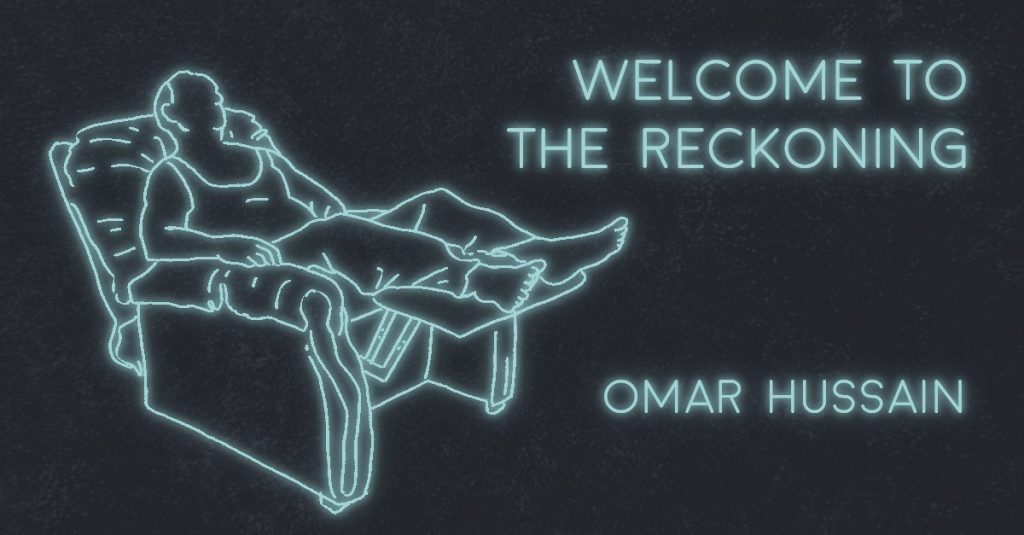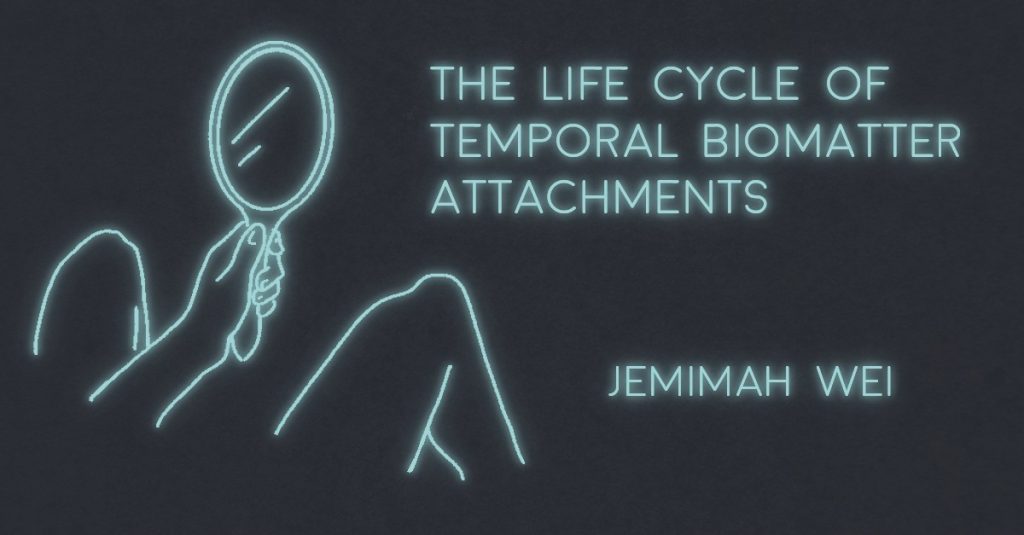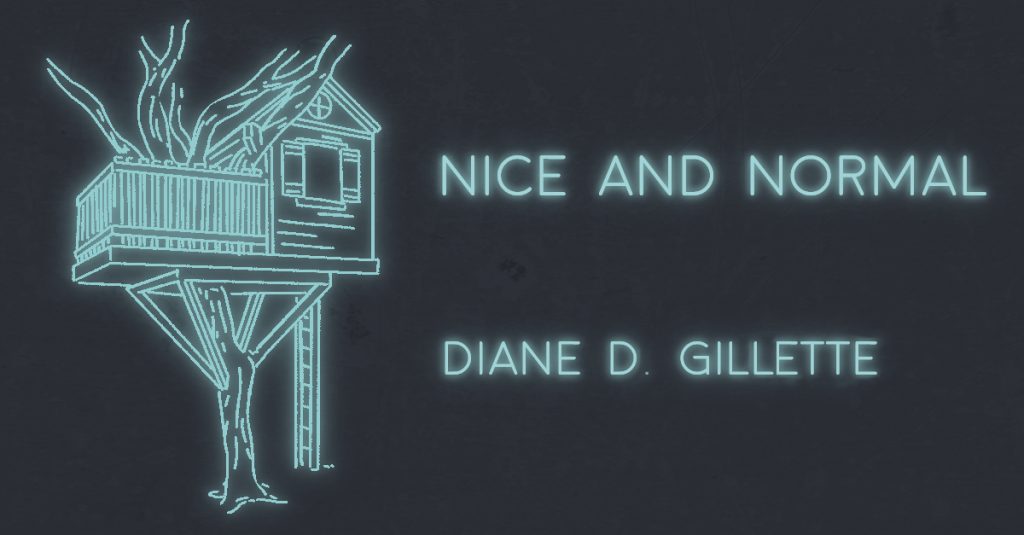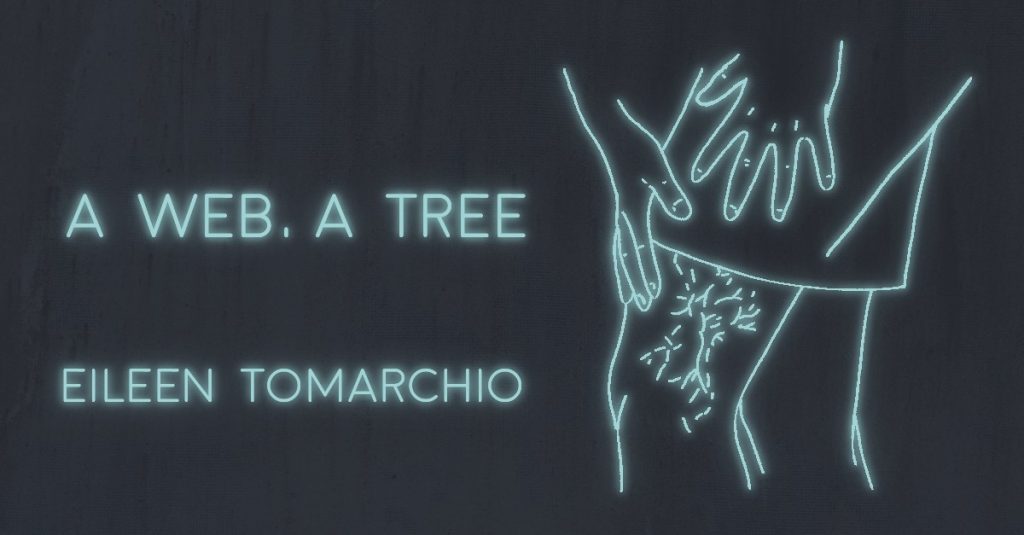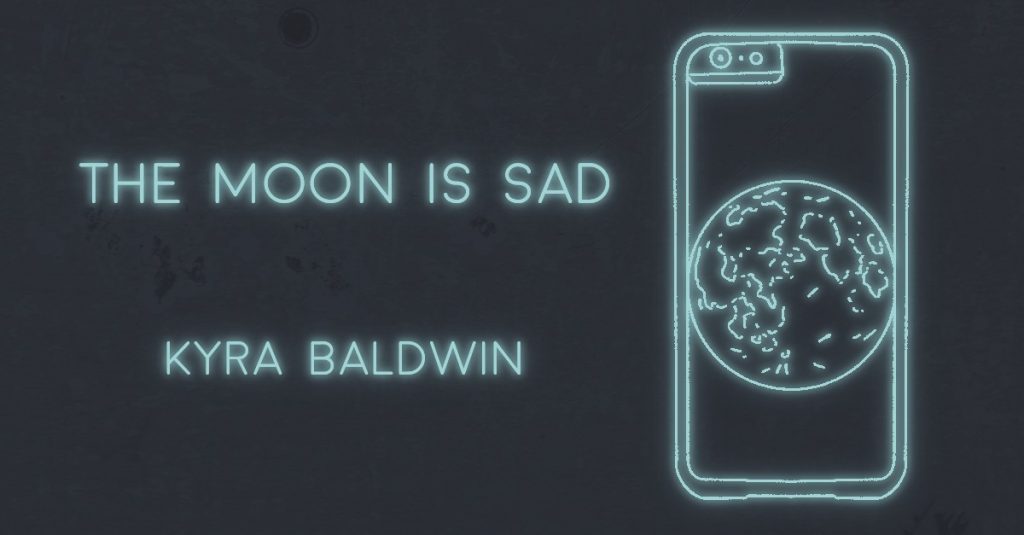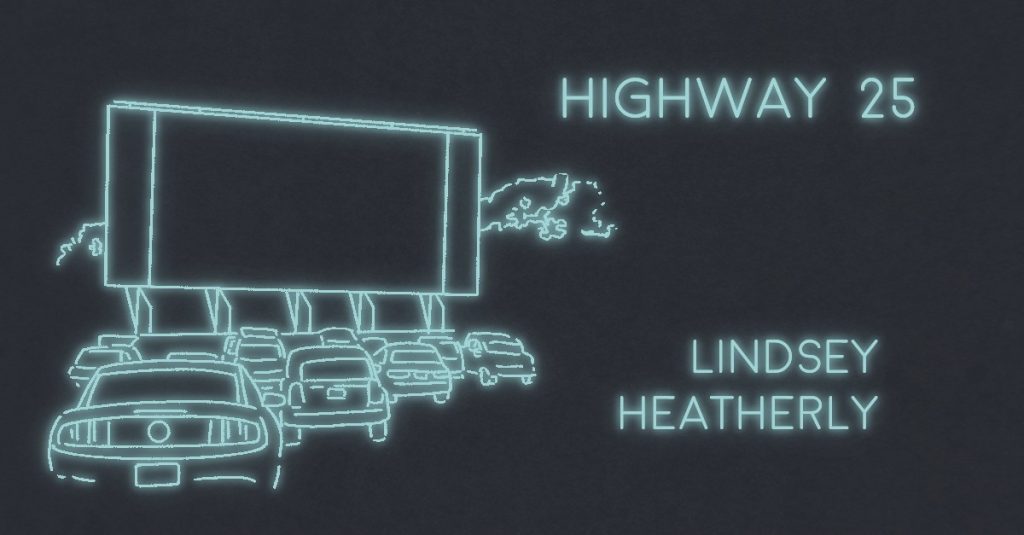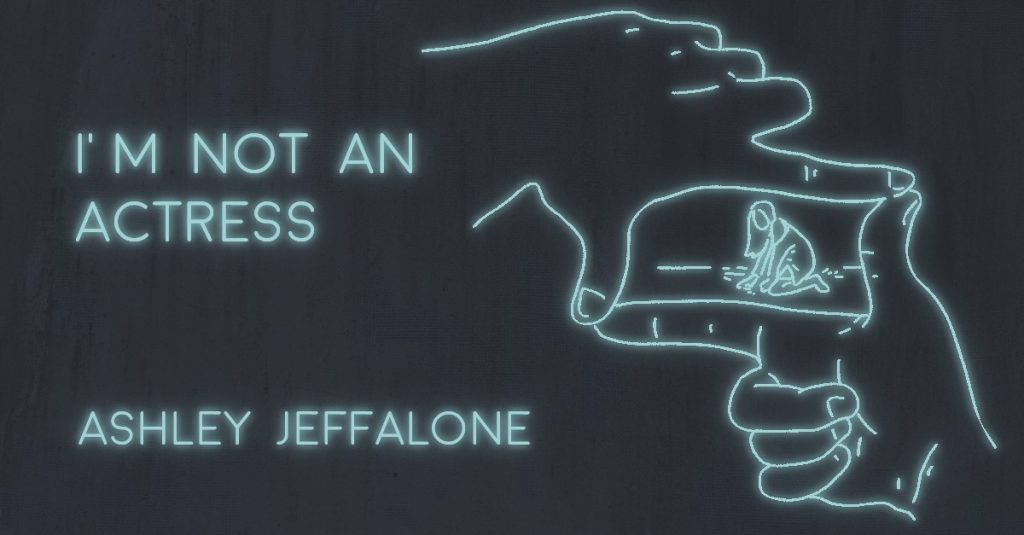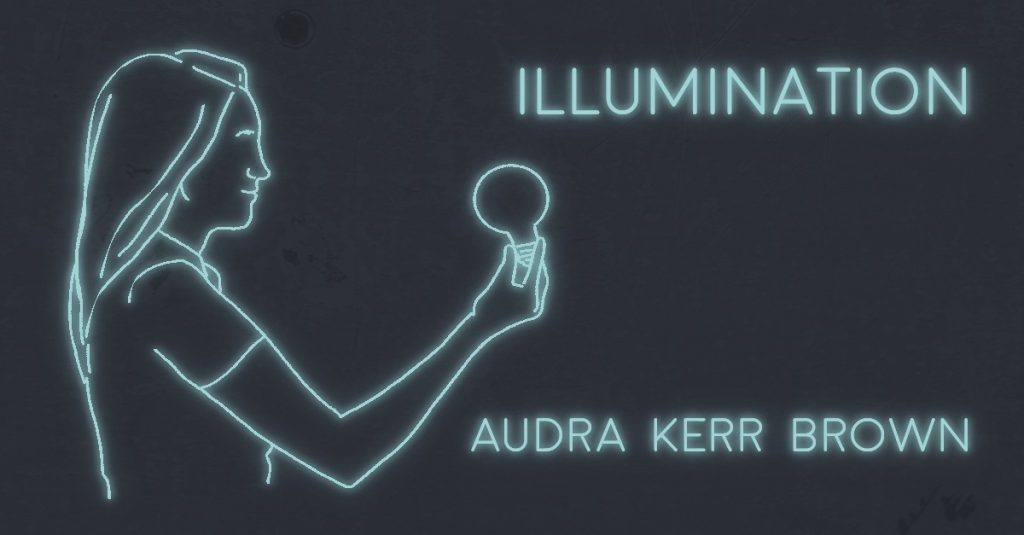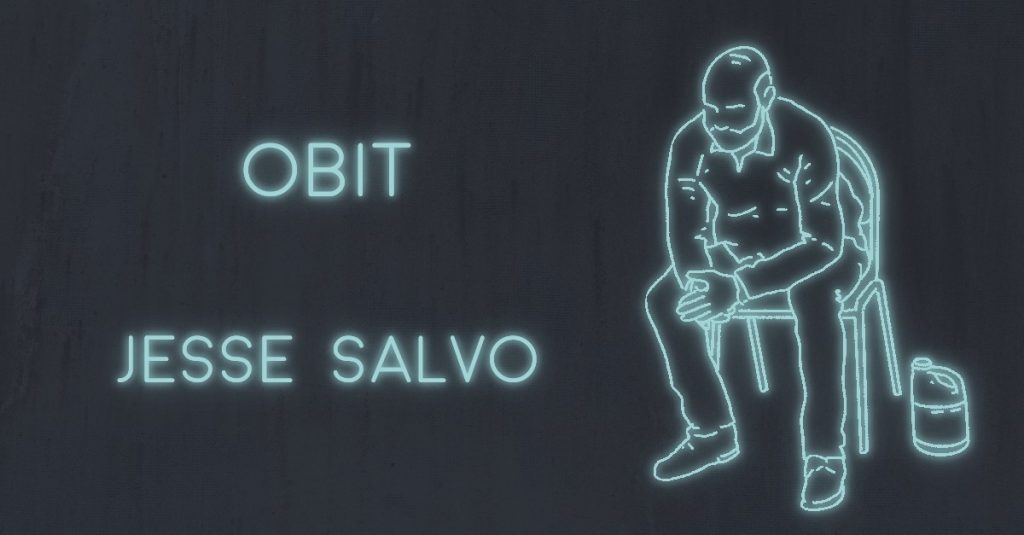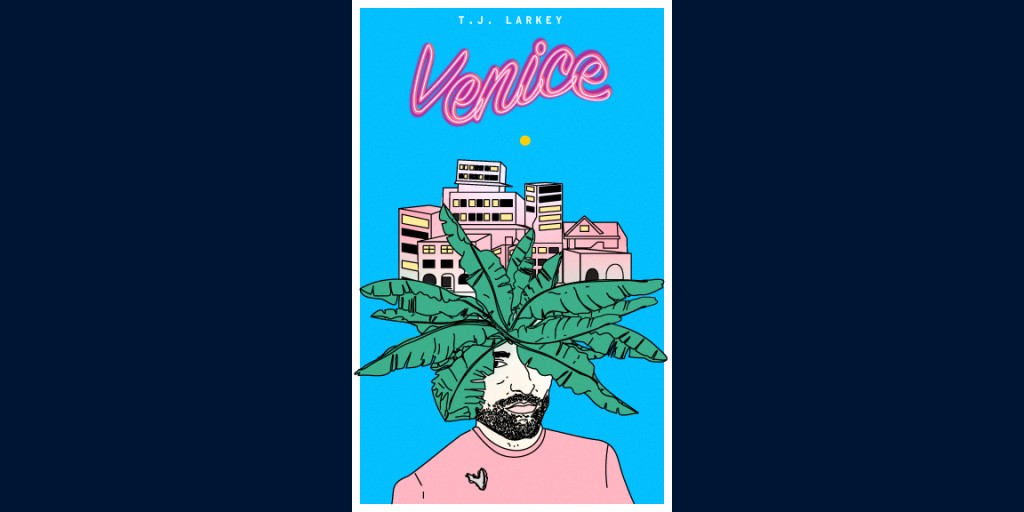
EXCERPTS FROM THE NOVEL VENICE by T.J. Larkey
Tough
I’m lying on my floor, next to my bed.
My bed is this big padded mat that rolls up and can be moved very easily.
It’s comfortable, but I like the floor better.
I believe that lying on the floor for a few hours a day will toughen me up.
I was a spoiled kid, very soft, so I’m always looking for things to toughen me up.
That’s how I got here.
I got it in my head that moving to a big city I’d seen in movies and television, where I didn’t know anybody, would somehow make me a tougher and overall better human. I was coasting around, not sure about anything other than wanting to live somewhere like that, when I lucked out and found the apartment online. It was cheap for being so close to the ocean and, even though I don't care about things such as close proximity to bodies of water or the correlating price of living in such places, I put down a deposit without even looking inside first.
I was on my way to becoming a tough guy.
It felt so badass.
For about a minute.
Then it transformed into panic.
A panic that remained all the way up until moving day.
I walked in to my new place with a laptop in one hand, a trash bag full of clothes in the other, and my bed/mat rolled up and tucked under my arm, hoping for the best. Hoping for a little more luck. Hoping for a place that would help me become… (something).
First, I looked at the kitchen/living room.
It had a microwave, a mini fridge, a sink, and a small couch that took up about thirty percent of the room. It was beautiful. I realized very quickly there was no bathroom (which I couldn’t remember being mentioned online) and that was beautiful too. I felt stupid for panicking. I thought to myself, this is the essentials, this is beautiful.
Then I looked at the bedroom. It had old brick walls, little bits of it breaking off on to the creaking wood floors, and in the corner of the room the ceiling slanted down because it was right under the stairs. I could hear people’s footsteps all day and night.
Then I noticed something very unusual.
The floor was wrong. It was crooked. If you put a pencil down it would roll to the other side of the room and disappear into the cracks between the brick wall. If I put myself down on the floor, however, no such luck.
At first, I thought the building was poorly constructed on uneven ground-- the first floor is street-level on one side of the building but not the other side. But later one of my neighbors told me that because of the age of the building, and the number of earthquakes it had endured, parts of the foundation had shifted over the years.
A building that could collapse at any moment.
My new home.
I threw my bed/mat onto the crooked floor and laid down next to it, like I’m lying down now, and thought, am I tough yet?
Mouse
I’m in my kitchen.
It’s very dark.
The rest of the city is asleep and all I can hear is my own footsteps.
It’s usually my favorite.
The best time to be alive.
But tonight it reminds me of when I was kid.
I was afraid of the dark.
I remember looking into the darkest part of my room, restless and almost paralyzed, and picturing the worst things possible. I remember knowing that it was all in my head and nothing was happening other than my inability to stop imagining my own demise, but still I’d look in to those dark crevices and think, okay, just, kill me quickly please.
Then remembering that reminds me I’m still afraid of the dark.
I open the mini fridge.
What seems like blinding light pours into the room and I see something small move quickly away from it. Then I hear little scratching noises. It’s coming from behind the fridge and then it’s coming from behind the sink.
I make myself completely still. I tell myself it’s in my head. But the sound gets louder and I move closer, silently, tip-toeing, so quiet that I start to scare myself, always scared, so scared that whatever is making the sound will pop out and systematically list all of my worst moments in chronological order, starting from age five, then murder me.
I open the cabinets below my sink and find the source.
A little family of mice looking up at me, terrified.
“Hello,” I say.
“Don’t be afraid,” I say.
“Let’s be friends,” I say.
Then I reach over in to the fridge.
There’s beer, eggs, a plastic bottle of vodka, and processed cheese I get from the convenience store across the street. I pinch off a piece of the cheese and set it down in front of the mice family, then I eat the rest of it in front of them so they know it can be trusted.
“My cheese is your cheese,” I tell them. “Go on.”
But they seem skeptical.
I leave it and walk back to bed.
I open my laptop, put in a DVD, and hit play.
As the intro credits start, I’m distracted by another creature darting away from the light coming from the screen.
I look over and see the little guy hiding in the corner of the room, between the cracks of the brick wall and partially hidden by my bed.
“Hello,” I say, “You with them?”
I point to the sink.
The mouse looks at me for a moment, then runs away, up the crooked floor and back to the rest of his family.
“Nice to meet you,” I say, and lie back down.
I watch the movie without any further interruptions.
I close my laptop.
I pull my blanket up to my nose.
I shut my eyes.
I whisper good night to my new roommates.
Then after imagining myself dying horrifically in an earthquake for an indeterminable amount of time, I force myself to fall asleep.
***
In the morning I wake up to something tickling my leg.
It’s terrifying.
But it’s nice to have things going on.
Distractions.
I lift the blanket over my head and see my new roommate burrowed under my knee. The same little guy that was near my bed the night before. He looks identical to the rest of his family, but I can tell it’s him. Something about his movements.
“Hello,” I say. “Good morning.”
I want him to tell me everything is going to be okay.
Everything is fine, now that he’s here.
But he doesn’t respond.
Just runs out from under the blanket and back into the kitchen and behind the fridge.
Still friendless.
I sit up.
I get this cold sensation through my body and my left hand is asleep.
Then as I roll of the bed I feel something small like crumbs underneath me and it’s terrifying.
Always terrified.
I yank the blankets completely off, wiggling like a little child, and see a dozen hard little brown pellets, about the size of a mouse’s asshole.
It’s right there.
Wasn’t there last night.
But now it’s there.
A declaration.
A black flag.
War.
I get up and check behind the sink cabinets but all I see are pipes, more mouse shit, and the cheese I left last night, untouched.
It’s too much.
Shit on my bed all you want, but refusing my hospitality is a capital offense.
As I get dressed angrily, punching my arms through the holes of my shirt and kicking wildly into my jeans, I decide that’s the rule, my one and only rule. I repeat it over and over in my head like a mantra, then walk out the door and into the convenience store across the street.
“Mouse traps?” I say. “They broke the one rule.”
The clerk points me in the right direction.
I march down the aisle until I find what I’m looking for.
They have the non-lethal, sticky trap device, but I don’t see the good stuff.
Give me the big bad lethal stuff baby.
I see the tag—Tomcat Metal Mousetrap—and the space where it should be.
But no mousetraps.
“Where’s the good stuff!?”
“Huh?” the clerk says.
“The Tomcat?”
“Oh. We’re out. But the Glue Traps work just as good.”
“Hah!” I say. “If you knew the kind of mice I was dealing with, you would be singing a very different tune my friend!”
“Kay.”
I buy the glue traps and head home.
I stick one behind the fridge, and one under the sink and wait, checking every half-hour while sipping beer and watching old Humphrey Bogart movies (a 4-in-1 DVD collection, to toughen myself up) that I’d bought a few days before.
But nothing happens.
***
A few days go by before I see him again.
He’s back in the corner where I had first found him.
“You!” I snarl. “Where’s the rest of them?”
He crawls up on my bed, staring.
There hadn’t been any more shit in the sink cabinet and the traps remained empty.
He seems lonely.
I look into his sinister little eyes, his little whiskers twitching, and I can’t help it.
“You may stay,” I declare. “But if you poop my bed again, I’ll buy the good stuff. Tomcat. Metal. Very Lethal.”
Get your copy here.

